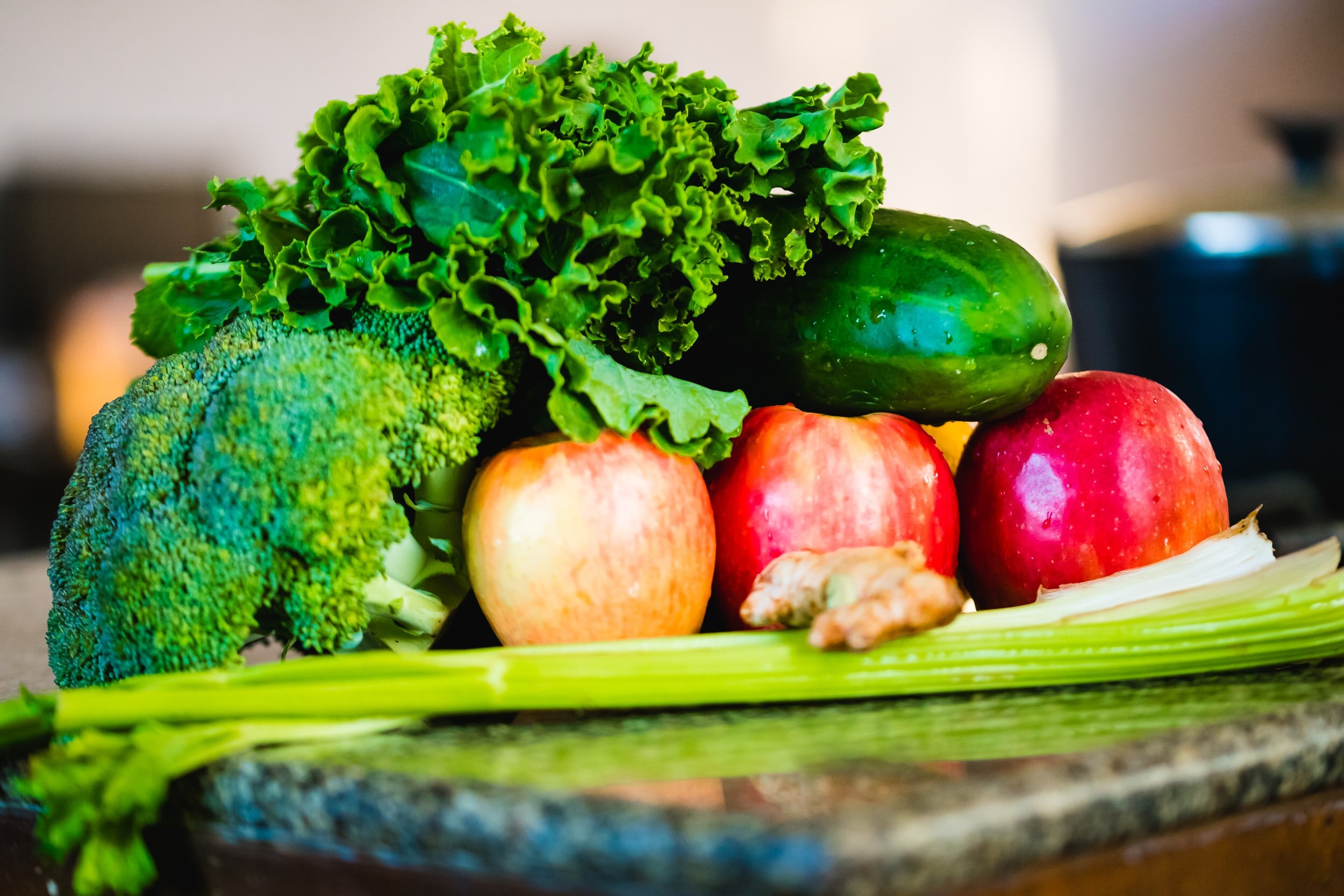
In today’s fast-paced world, the importance of health food has never been more critical. With the increasing prevalence of processed, sugary, and high-fat foods, many individuals are looking for ways to incorporate healthier choices into their diets. The food we consume directly impacts our physical, mental, and emotional health, making the selection of nutrient-dense options vital for maintaining a balanced, energetic, and vibrant life. A focus on health food can help prevent chronic diseases, improve vitality, and contribute to overall well-being.
What Makes Food “Healthy”?
The term “healthy food” refers to nutrient-dense options that provide essential vitamins, minerals, and macronutrients without excess calories, artificial ingredients, or unhealthy fats. These foods promote optimal bodily functions, support the immune system, and help manage weight. Health food is often characterized by its ability to support long-term well-being through balanced nourishment.
- Whole Grains and Fiber-Rich Foods
Whole grains are a cornerstone of any health food diet. Unlike refined grains, whole grains retain their bran, germ, and endosperm, which means they provide more fiber, vitamins, and minerals. Fiber, in particular, is essential for digestive health, maintaining steady blood sugar levels, and supporting heart health.
- Oats, quinoa, brown rice, and whole wheat are excellent sources of fiber and provide long-lasting energy. They also support gut health by promoting healthy digestion and reducing the risk of chronic diseases like type 2 diabetes and heart disease.
- Fruits and Vegetables: Nature’s Superfoods
Fruits and vegetables are perhaps the most important components of a health food diet. These nutrient-packed foods are rich in antioxidants, vitamins, minerals, and phytochemicals that work synergistically to protect the body from inflammation, oxidative stress, and disease.
- Leafy greens, such as spinach, kale, and swiss chard, are packed with fiber, vitamins A, C, and K, and minerals like iron and calcium.
- Berries, such as blueberries, strawberries, and raspberries, are high in antioxidants that help fight free radicals and protect against cellular damage.
- Citrus fruits, like oranges and grapefruits, are rich in vitamin C, which supports the immune system and aids in collagen production for healthy skin.
Including a wide variety of colorful fruits and vegetables in daily meals can significantly enhance overall health, boost energy levels, and provide a protective barrier against illness.
- Healthy Fats: Essential for the Body
While fat has often been demonized in popular diets, healthy fats are crucial for maintaining a health food approach. Healthy fats support brain function, hormone production, and the absorption of fat-soluble vitamins like vitamins A, D, E, and K.
- Avocados, nuts, and seeds are excellent sources of healthy monounsaturated and polyunsaturated fats that reduce the risk of heart disease and improve cholesterol levels.
- Olive oil, especially extra virgin olive oil, is rich in heart-healthy fats and antioxidants, making it an essential part of the Mediterranean diet, which is associated with lower rates of chronic diseases.
- Fatty fish, such as salmon, mackerel, and sardines, provide omega-3 fatty acids that are essential for brain health and reducing inflammation in the body.
Incorporating these healthy fats into the diet can improve cognitive function, support skin health, and promote the absorption of essential nutrients.
- Lean Proteins for Muscle and Tissue Repair
Proteins are essential for growth, repair, and maintaining muscle mass. For a health food diet, lean protein sources are the best option, as they provide the building blocks for tissue repair without the excess saturated fats found in many animal products.
- Chicken, turkey, and lean cuts of beef are excellent sources of high-quality protein that support muscle growth and immune function.
- Plant-based proteins, like tofu, tempeh, lentils, and chickpeas, are excellent alternatives for those following a vegetarian or vegan lifestyle, providing fiber, antioxidants, and essential amino acids.
- Eggs, particularly those from pasture-raised chickens, are a great source of protein and contain essential nutrients like B vitamins, choline, and selenium.
Including a variety of protein sources in meals ensures that the body has the necessary nutrients for muscle repair, immune function, and overall growth.
- Fermented Foods for Gut Health
The health of the digestive system is a crucial component of a health food diet, and fermented foods play an essential role in supporting gut health. These foods are rich in probiotics, which are beneficial bacteria that promote healthy digestion, support the immune system, and may even have a positive effect on mental health.
- Yogurt, kimchi, sauerkraut, and kombucha are all excellent sources of probiotics that help balance the gut microbiome, reduce inflammation, and enhance nutrient absorption.
- Regular consumption of fermented foods has been shown to improve digestive disorders such as irritable bowel syndrome (IBS) and may help reduce the risk of autoimmune diseases.
Including these foods in your diet can not only improve digestion but also boost overall immune health and contribute to a more balanced microbiome.
- Hydration with Water and Herbal Teas
A critical, yet often overlooked, part of a health food lifestyle is proper hydration. Water is essential for nearly every bodily function, including digestion, nutrient absorption, and temperature regulation. Drinking enough water ensures that the body functions efficiently, reduces the risk of dehydration, and supports overall energy levels.
- Herbal teas, such as green tea, chamomile, or peppermint, are also beneficial for hydration. Green tea, in particular, is rich in antioxidants that can help reduce inflammation, support heart health, and aid in weight management.
The Importance of Mindful Eating
In addition to choosing the right foods, mindful eating is another vital aspect of maintaining a health food lifestyle. Mindful eating involves paying attention to what you eat, how you eat, and listening to your body’s hunger and fullness cues. This practice can help prevent overeating, improve digestion, and foster a positive relationship with food.
Avoid distractions while eating, such as watching TV or scrolling through your phone. Take time to savor each bite, and focus on the flavors, textures, and aromas of the food. By eating mindfully, you can better enjoy your meals and ensure that your body receives the nutrition it needs.
Conclusion
A health food diet is the cornerstone of a thriving and energetic life. By focusing on nutrient-dense foods like whole grains, fruits and vegetables, healthy fats, lean proteins, and fermented foods, individuals can enhance their overall well-being and prevent the onset of chronic conditions. Pairing these dietary choices with mindful eating and proper hydration creates a sustainable approach to health that nurtures both the body and the mind. A commitment to health food is a long-term investment in vitality, longevity, and quality of life.
